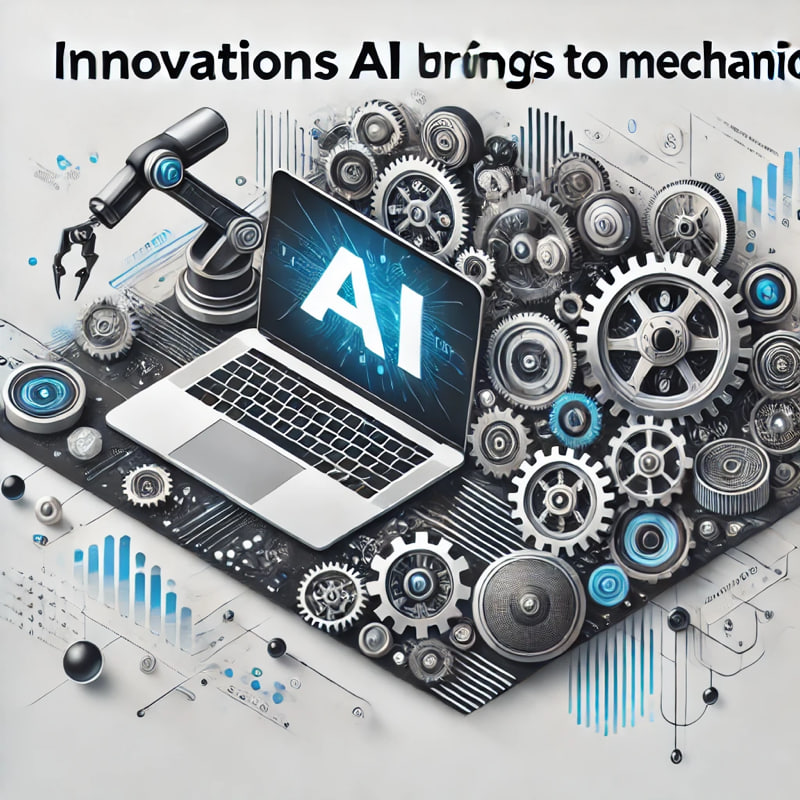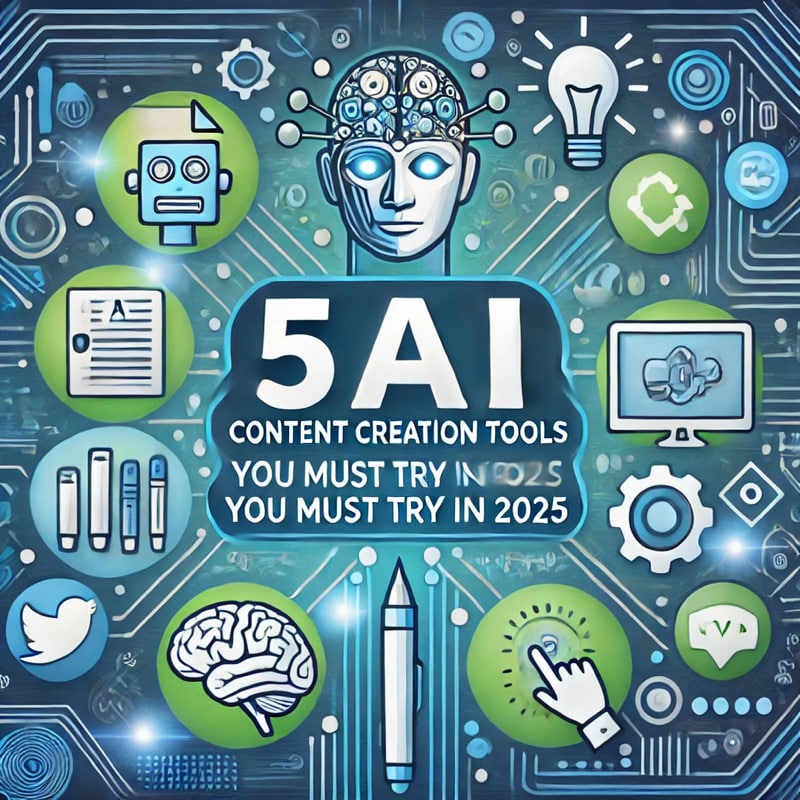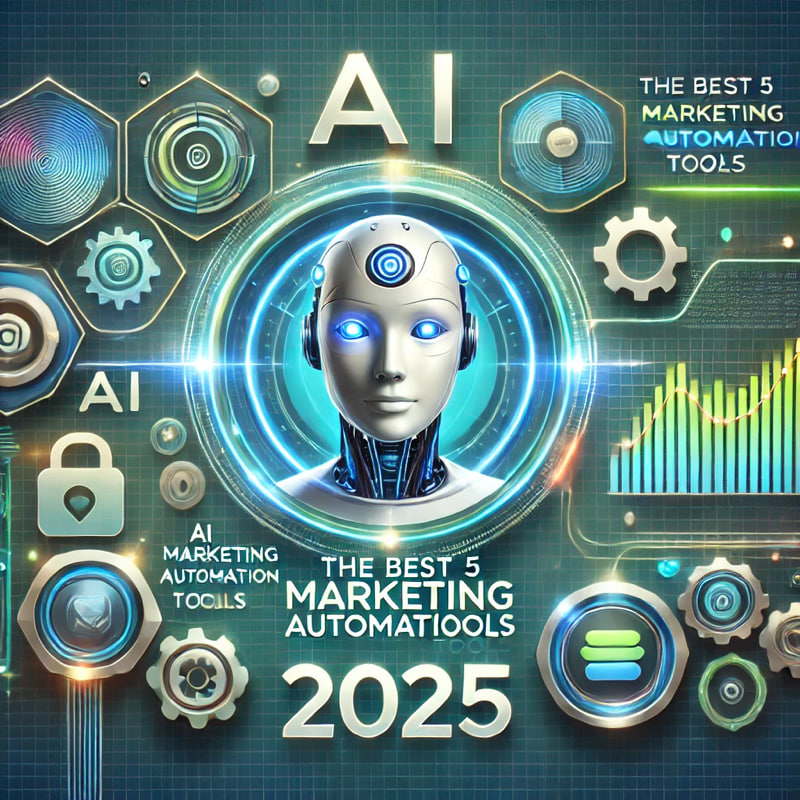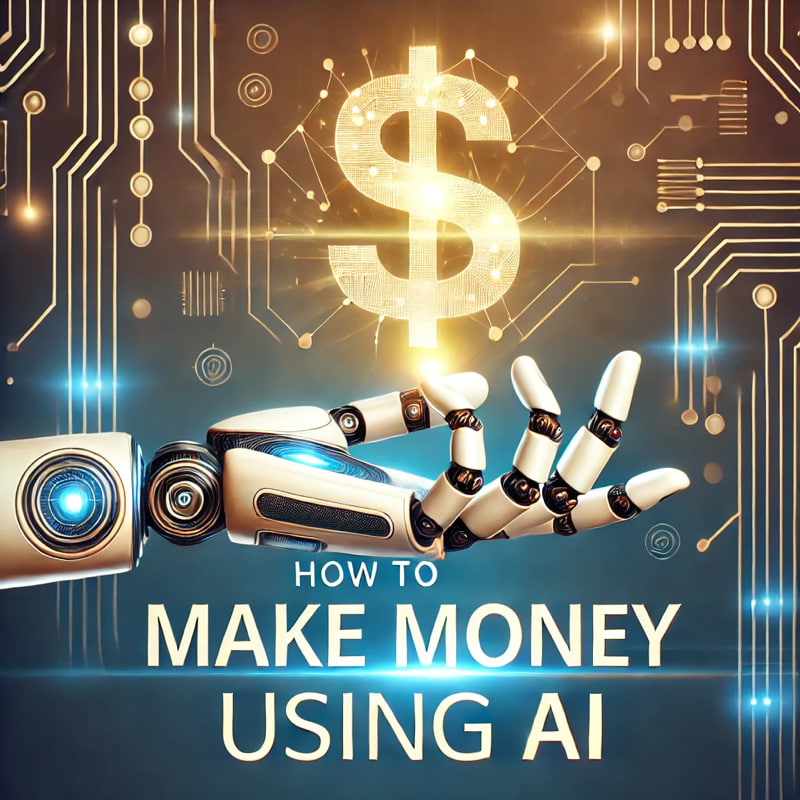
1. Predictive Maintenance: A Proactive Approach
One of the most groundbreaking innovations AI introduces to mechanics is predictive maintenance. Traditional maintenance often relies on reactive or preventive measures, which can be costly and inefficient. However, with AI-powered predictive maintenance, mechanics can anticipate problems before they arise.
How it Works:
AI systems analyze data from sensors embedded in mechanical systems, such as engines, turbines, or industrial machinery. By monitoring parameters like temperature, vibration, and pressure, AI identifies patterns that indicate potential failures.
For instance, a machine learning algorithm can detect subtle changes in engine vibrations, predicting a bearing failure weeks in advance. This allows technicians to address the issue proactively, avoiding costly downtime.
Benefits of Predictive Maintenance:
• Cost Savings: Reduces the need for frequent inspections and unnecessary repairs.
• Enhanced Safety: Prevents catastrophic failures by identifying risks early.
• Increased Equipment Lifespan: Optimizes the use of machinery by addressing issues promptly.
By integrating AI into mechanical systems, industries can achieve a level of efficiency and reliability previously unattainable. This innovation not only saves money but also minimizes environmental impact by reducing waste and energy consumption.
2. Autonomous Mechanical Systems: The Future of Mechanics
Another revolutionary innovation AI brings to mechanics is the development of autonomous systems. These systems combine robotics and AI to perform tasks that traditionally required human intervention. From autonomous vehicles to robotic arms in manufacturing, AI is reshaping how mechanics operate.
Applications in Mechanics:
• Self-Driving Cars: AI algorithms process vast amounts of data from cameras, sensors, and GPS to navigate roads safely. This reduces human error, leading to fewer accidents.
• Smart Factories: AI-powered robotic arms assemble products with precision and speed, optimizing production lines. These systems adapt to new tasks without requiring reprogramming, thanks to machine learning.
• Automated Diagnostics: AI tools analyze vehicle or machinery performance in real time, pinpointing faults with unparalleled accuracy. Mechanics can use this information to repair systems faster and more effectively.
Benefits of Autonomous Systems:
• Increased Productivity: Autonomous systems operate continuously without breaks, maximizing output.
• Higher Precision: AI eliminates human error, ensuring consistent quality.
• Adaptability: Machines learn and improve over time, handling complex tasks with ease.
These advancements demonstrate how AI enables mechanics to achieve levels of innovation previously considered science fiction. Autonomous systems not only streamline operations but also open new doors for creativity and design.
Conclusion
AI’s integration into mechanics is revolutionizing the industry through innovations like predictive maintenance and autonomous systems. These advancements enhance efficiency, reduce costs, and improve safety across various applications. As AI continues to evolve, its impact on mechanics will only grow, creating opportunities for smarter, more sustainable solutions. By embracing these technologies, the mechanical industry can remain at the forefront of innovation, setting new standards for excellence.







